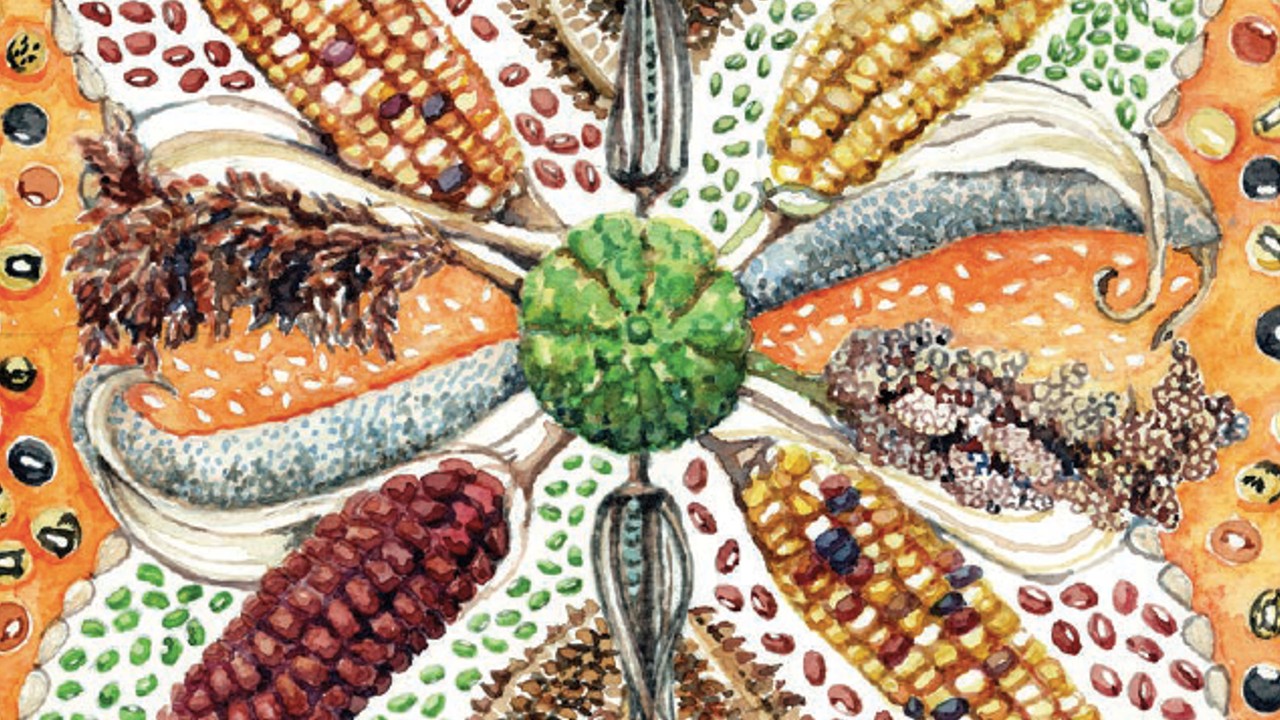Latest Resources

22 June 2017
Regulatory Implications of New Breeding Techniques
This paper presents an evidence-based critique of the Report published by the Academy of Science South Africa (ASSAf) titled ‘Regulatory Implications of New Breeding Techniques’ (the Report). Our critique discusses the pro-GM propaganda contained in the Report and contrasts it with a well-established scientific body of concerns surrounding the use of these so-called new breeding […]

13 March 2017
Two simplified briefings introducing new GM technologies and biosafety risks
These reports introduce the novel techniques already being employed, or in development and their associated biosafety concerns that go against the claim that crops developed with these methods are technological progress in ‘precision’ and ‘safety’. Further described is the utilisation of RNA interference, an epigenetic process that is already being employed in commercialised crops. Despite […]

13 February 2017
The Bayer-Monsanto merger: Implications for South Africa’s agricultural future and its smallholde...
This paper explores the likely implications of an approved Bayer-Monsanto merger for the South African agricultural system. It outlines the trend of consolidation occurring within the seed and agrochemical industries, provides a background to the merger, criticises the rationale given for the merger by Bayer and Monsanto and outlines concerns should the merger be approved […]

15 October 2016
World Food Day – South Africa faces drought, rising food prices and false promises of GMOs
To cope with drought and rising food prices, we need to urgently move away from genetically modified food and towards indigenous African crops. So warns the African Centre for Biodiversity (ACB). “We need to urgently shift away from maize towards embracing a diversity of crops – particularly indigenous African summer grain crops such as sorghum […]

14 October 2016
Transitioning out of GM maize: Current drought is an opportunity for a more resilient and just fo...
Coinciding with World Food Day, the African Centre for Biodiversity (ACB), in a new report titled “Transitioning out of GM maize: towards nutrition security, climate adaptation, agro-ecology and social justice” makes a compelling case for South Africa to urgently transition out of GM maize production, to systems that are socially just, ecologically sustainable and provide […]

11 July 2016
Farm Input Subsidy Programmes (FISPs): A Benefit for, or the Betrayal of, SADC’s Small-Scale Farm...
This paper reviews the farm input subsidy programmes (FISPs) within countries belonging to the Southern Africa Development Community (SADC), to ascertain whether input subsidies have benefited small-scale farmers, have increased food security at the household and national levels, and have improved the incomes of small-scale farmers. Download the report.

2 July 2016
Genetically Modified (GM) Soya in South Africa: Status Quo Report
This briefing paper presents the status of genetically modified (GM) soya in South Africa. GM Soyabean seed owned by Monsanto and genetically engineered to withstand the herbicide glyphosate, accounts for 90% of all soya bean production in South Africa. Download the report.

2 June 2016
Integration of small-scale farmers into formal seed production in South Africa
The scoping report looks at key policies, legislation and programmes in SA with an emphasis on seed laws and considers the implications for small- scale farmer involvement in this sector and outlines a few projects on community seed production, indigenous crops and black- owned private sector seed production efforts.

4 May 2016
Changing Seed and Plant Variety Protection Laws in Tanzania – Implications for Farmer-Manag...
Seed legislation is under review in Tanzania with a view to changing this in order to further expand the role of the private sector in the commercial seed sector. This law reform is mainly targeted at the seed marketing laws (Seed Act of 2003 and its regulations of 2007) and revision of its Plant Breeder’s […]

18 April 2016
Zimbabwean smallholder support at the crossroads: Diminishing returns from Green Revolution seed ...
This scoping report is published jointly by the African Centre for Biodiversity (ACB and the Zimbabwe Small-Scale Organic Farmers’ Forum (ZIMSOFF). The report focuses on government and donor farm input subsidy programmes (FISPs) and seed aid in facilitating the spread of Green Revolution technologies and raises questions about who really benefits from these programmes. It […]
